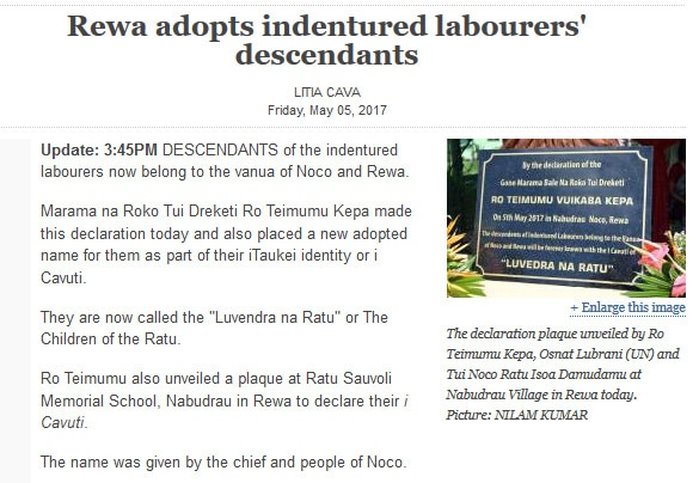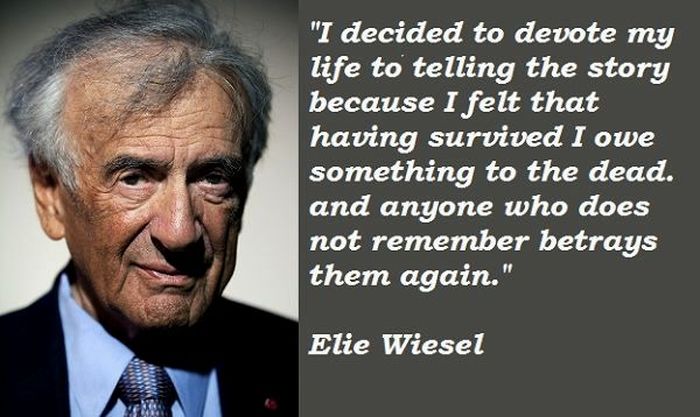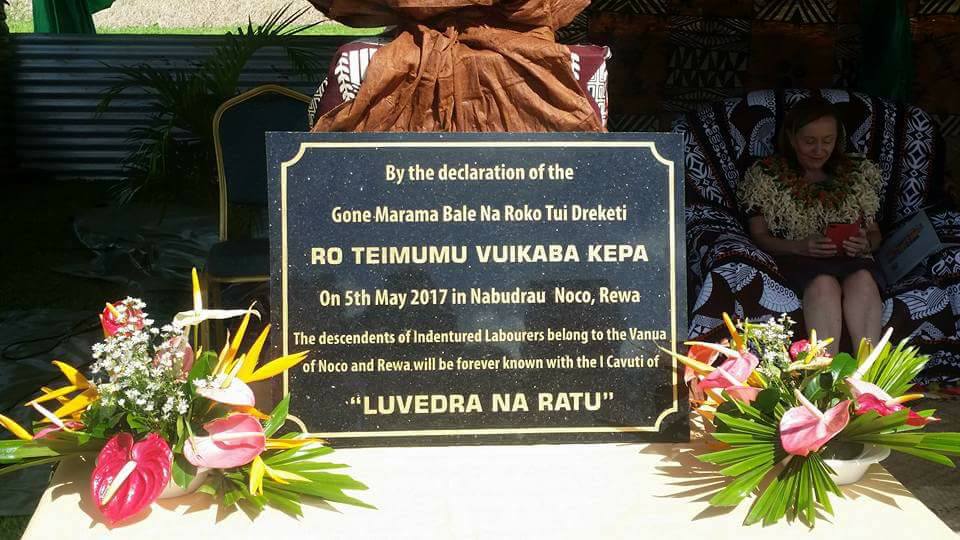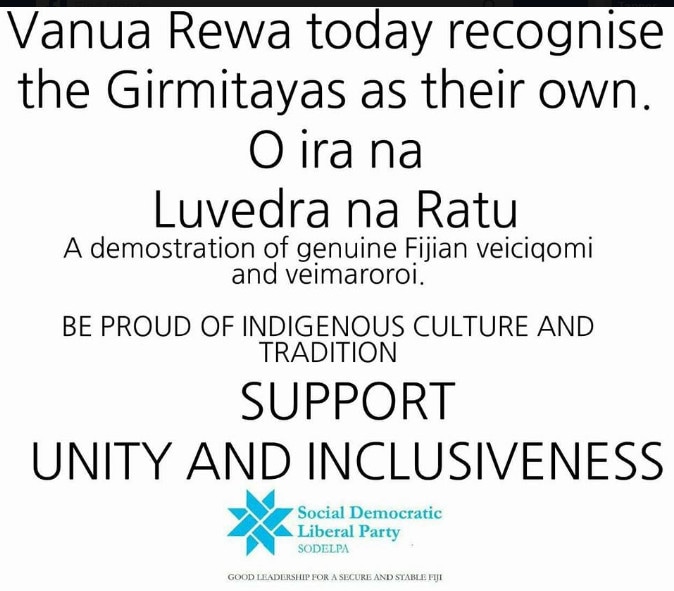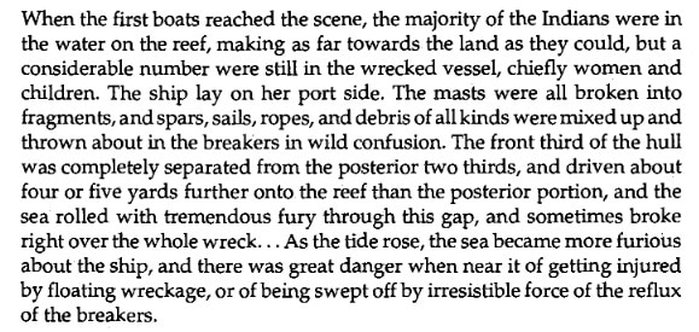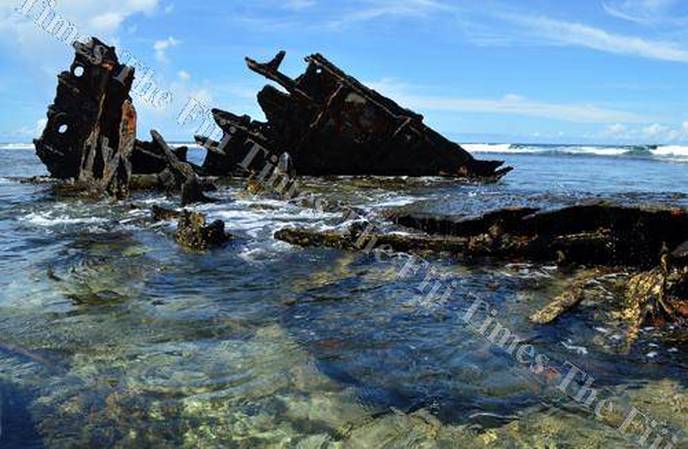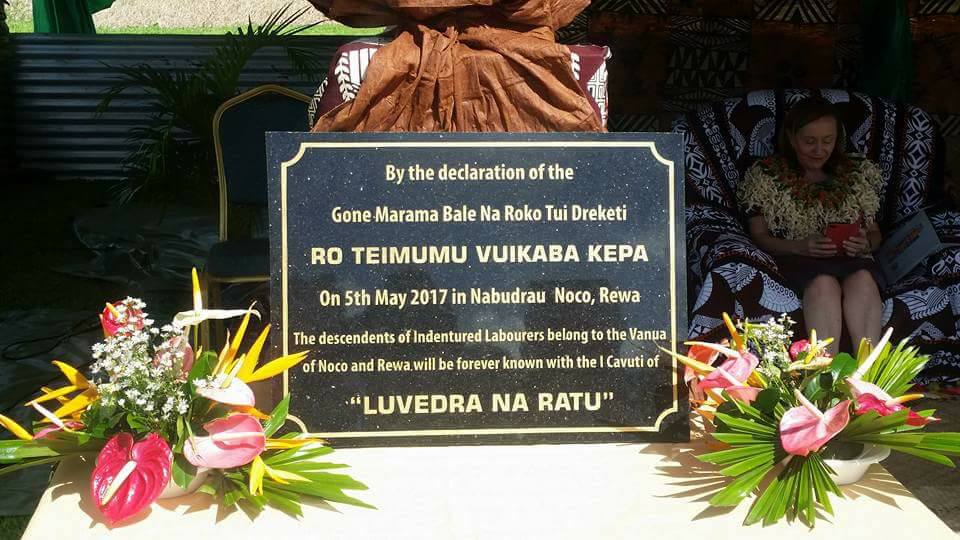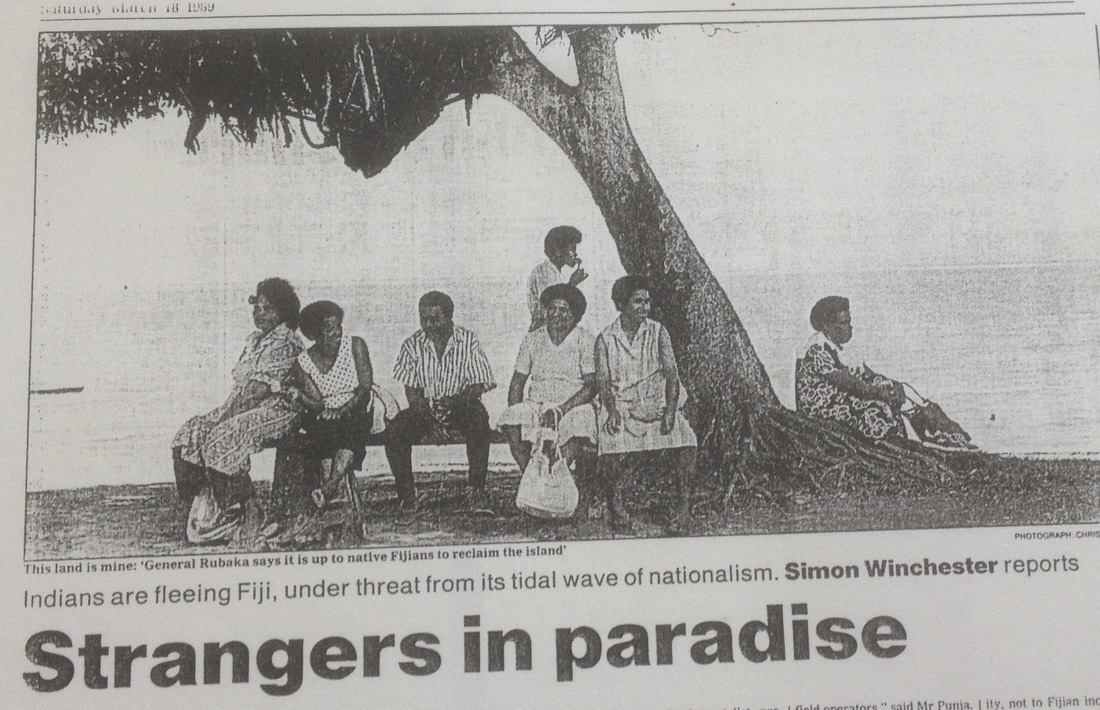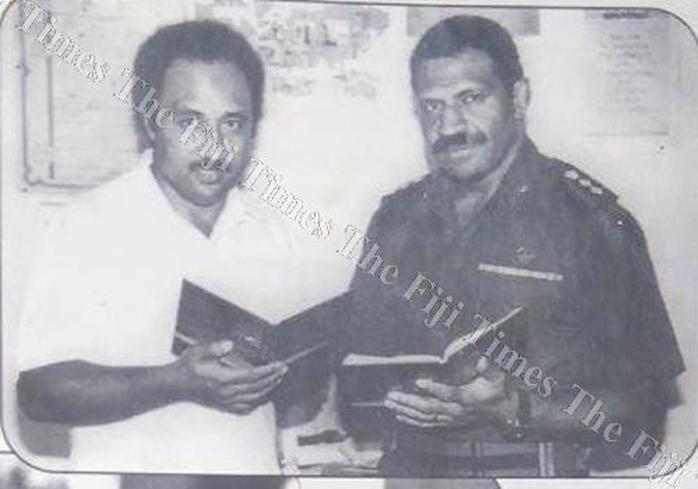Fijileaks founding Editor-in-Chief VICTOR LAL: "For me, REWA, its river and the "1884 Syria Disaster" has a sad and tragic connection of its own: 110 years later, in 1994, my youngest sister was whisked out of the river - DEAD; she had died in mysterious circumstances (and alone, unlike her 56 doomed Syria girmit ancestors and three lascars (Indian seamen) in 1884 who drowned with other coolies). Worse, I was not able to partake in her funeral rites (and of many other relatives since 1987) for the racist megalomaniac SITIVENI RABUKA and his cohorts had made me a refugee from Fiji - the country of my coolie ancestors- and had robbed me of my Fijian passport; the United Nations Refugee Passport issued to me under International Refugee Law strictly forbade me from setting foot in RABUKA'S RACIST FIJI
In 2000, George Speight and his cohorts in the Interim Qarase Government again targetted me"
O, Cry the Beloved Country
VICTOR LAL: "I have scoured through the speeches and not a native Fijian name is mentioned, especially of those brave native Fijians who risked their lives to save the drowning Syria coolies and their white masters in 1884: Ratu Josua (Sub-Inspector of Police), Ratu Rusiate, Emosi, Eparama and Sawani (Police Constables, Nasovata village) were each awarded both the Board of Trade Bronze Gallantry Medal and the Royal Human Society Bronze Medal and Certificate. We need to carry out further research on them, trace their surviving relatives, and honour them among Syria coolies; the Turaga ni Koro, Nasilai got £20 from the Colonial Government for his act"
Ro Kepa's Speech:
One hundred and thirty two years ago, Sunday May 11th, 1884 on a dark Sunday night when the surf and waves raged over Nasilai reef, at about 8.30 pm, the sailing ship Syria, ran aground.
It is reported the arduous sea journey lasted only 58 days, two weeks earlier than scheduled because of the route they chose. But even 2 months in cramped conditions on the high seas must have been an ordeal for the indentured labourers packed aboard.
Now 132 years later, we the people of Rewa welcome this special delegation of the descendants of survivors of the Syria to Rewa Day, to re-establish and renew old ties.
I am well aware of other accounts telling of other villages and locations responsible for the rescue of the Syria survivors.
Nevertheless I commend you, the advance party of this historical delegation, for doing your due diligence, because in Rewa, we can point to the village of Naivilaca, in the Tikina of Noco and say, with honour and respect, that piece of land is known as Waiwai and victims of the Syria are buried here in single graves.
However, it is not the historical details nor the political implications of the indentured labour system, I want to talk about today.
What I want to dwell on are the principles human decency and the milk of human kindness based on the foundation of God’s love for all mankind.
For those who may not be aware, just a scant 6 years before the Syria ran aground, Rewa and the Roko Tui Dreketi at that time had welcomed the first Christian missionary to Viti Levu, Rev. William Cross who arrived in Rewa from Lakeba in 1878.
Christianity could NOT have been pervasive at that time, nor taken firm root in all the villages of Rewa.
But it is my honest belief that the principles of love and kindness, the traditions of a warm welcoming and a nurturing nature had been firmly planted. The very same spirit motivated our Noco villagers to such brave acts of kindness and nobility.
It was in this spirit that the men and women of our Noco coastline dared to implement one of the greatest sea rescues of our history.
Though they must have been bewildered and confused by the exotic new arrivals, of another race and language, the people of Noco girded their loins and raced out to the Nasilai reef in their canoes, to pull survivors to shore.
Stories passed down to us from our forefathers, tell of our defiance of the instructions of Colonial powers to bury the dead in a mass grave and instead honoured each one by digging individual graves.
The stories tell of the healthier of the survivors walking to Suva, after they had recovered sufficiently.
Stories also tell of the weaker survivors remaining in Noco for months, and after they had been healed and were fully recovered, also undertook the overland march to Suva.
From the Noco coastline to Suva Harbour, because some were still weak and quickly overcome by fatigue, our forefathers say, they had to sleep in a few villages overnight.
And whether it was a Rewa or Naitasiri village, they were given protection, food and drink and escorted in relay fashion to the next village until they reached the offices of the Colonial administrators in Suva.
When this day is over, I would like to ask each and everyone one of us here to take away the spirit of love and mutual respect that governed what must have been one of the first interactions between our races.
Had we possessed the wisdom and foresight to ensure the history of this interaction as the guiding light and hallmark of all future relations between our people, Fiji would be the envy of the world and indeed be the Fiji in the old television advertisement, of the way the world should be.
It was not my intention to speak at length, so I take my leave by assuring you all that my door and the province of Rewa is always open to you, should you ever again need shelter from the roaring seas of modern life.
VICTOR LAL: "It was not my intention to make the Rewa connection but it would be wrong of me not to remember my late beloved sister who, like many other relatives, died in Rabuka's racist Fiji, and my helplessness in burying them: RIP. In opening her door and Rewa province to all Indo-Fijians, in a cruel twist of irony, Ro Kepa has also redeemed her late husband Sailosi Kepa (an old and dear friend of mine) who was part of the Rabuka 'mob' who had grabbed my passport."
